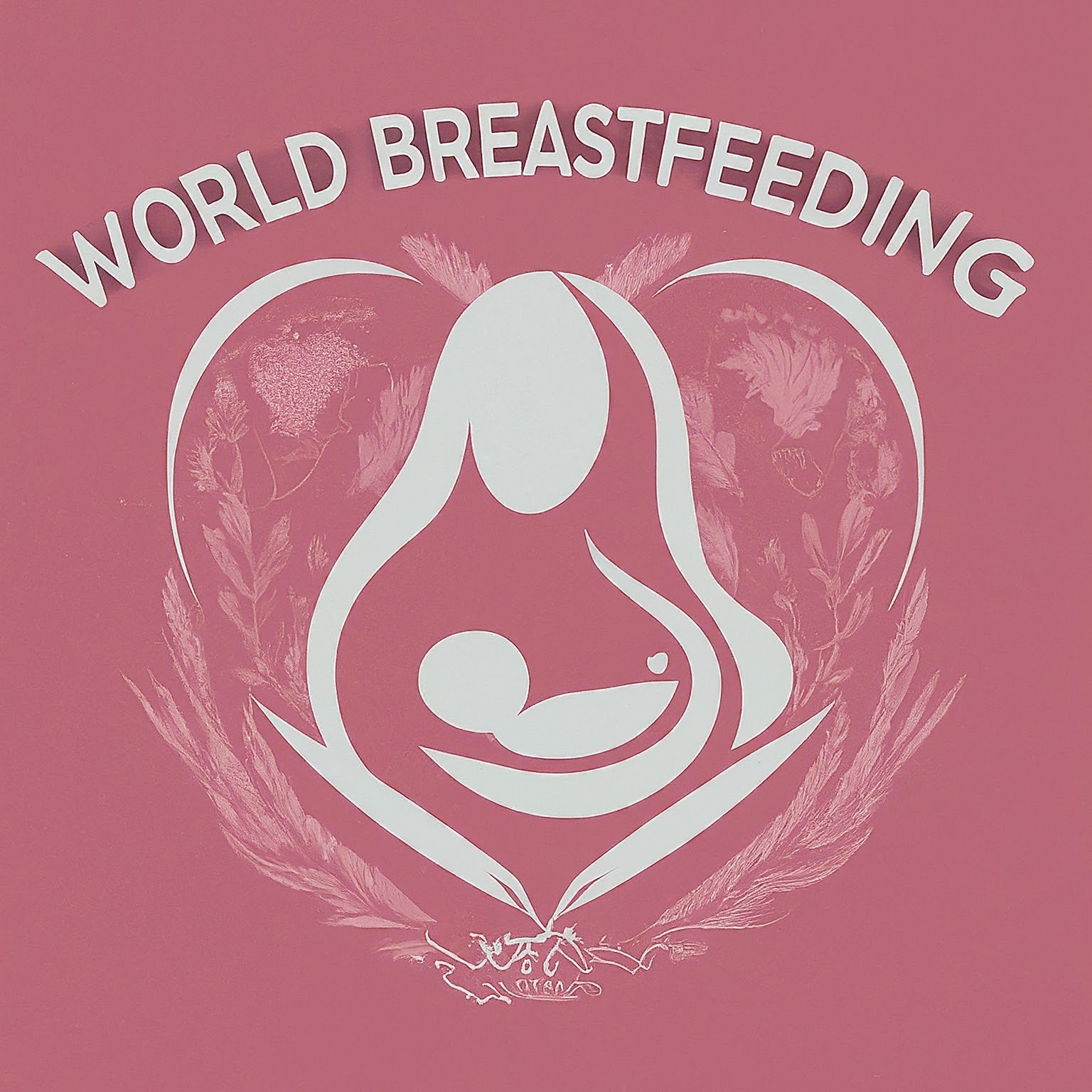World Breast Feeding Week 2024
World Breastfeeding Week is observed annually from August 1st to August 7th. It is a global campaign organized by the World Alliance for Breastfeeding Action (WABA) to promote and support breastfeeding as the best way to provide optimal nutrition, protection, and development for infants and young children.

World Breastfeeding Week 2023 Theme:
This year, the World Breastfeeding Week theme is “Let’s make breastfeeding and work, work!”. The theme emphasizes necessary actions by policymakers, employers, and colleagues to support continued exclusive breastfeeding in working women for their infants.
Importance of Breast Milk:
In the first few months of a child’s life, it obtains all its nutritional requirements from breast milk, which contains 87% water, 7% carbohydrates, 4% fats, and 1% proteins, vitamins, and other minerals (calcium, phosphorus, magnesium, potassium, sodium). Proper breastfeeding comes with benefits both to the mother and the baby, such as:
- Respiratory complications, including respiratory distress syndrome and bronchopulmonary dysplasia.
- Sudden infant death syndrome (cot death).
- Diarrhea causing dehydration.
- Necrotizing enterocolitis affecting premature infants severely.
- Middle ear infection (otitis media).
- Being overweight or obese.
- Type one diabetes.
History:
WBW is celebrated every 1-7 August in commemoration of the 1990 Innocenti Declaration. WBW started in 1992, with annual themes including healthcare systems, women and work, the International Code of Marketing of Breastmilk Substitutes, community support, ecology, economy, science, education, and human rights. Since 2016, WBW is aligned with the Sustainable Development Goals (SDGs). In 2018, a World Health Assembly resolution endorsed WBW as an important breastfeeding promotion strategy.
Importance of World Breastfeeding Week:
- Advocating for breastfeeding: World Breastfeeding Week campaigns for breastfeeding as a basic human entitlement to infants and mothers, stressing its importance for maternal and child health, nutrition, immunology, bonding, and cognitive benefits.
- Promoting breastfeeding support: The week emphasizes the need for all-inclusive help and materials to ensure successful breastfeeding commencement and continuation, encouraging policies, programs, and initiatives that facilitate breastfeeding in clinics, workplaces, villages, and public places.
- Empowering mothers: WBW provides accurate information, learning opportunities, and decision-making abilities about breastfeeding, advocating for pregnant women to attend courses or counseling besides receiving support from peers or lactation consultants.
- Fostering community engagement: The week fosters collaborative work among healthcare providers, policymakers, employers, consultants, advocates, and civil society organizations to push for breastfeeding-friendly practices and policies.
- Addressing breastfeeding inequalities: It emphasizes reducing disparities in breastfeeding rates among different populations, especially the most underserved or marginalized communities, by focusing on initiatives aimed at removing obstacles to breastfeeding.
During World Breastfeeding Week, various activities, events, and campaigns are organized worldwide by governments, healthcare institutions, support groups, and advocates to promote breastfeeding as the best feeding choice for infants and support mothers to breastfeed successfully.


